Alnico Magnets
Filter Results
Alnico magnets are named for their elemental composition—they are made from aluminum, nickel, and cobalt. Alnico magnets have the greatest range of temperature stability of any magnetic material, and are able to perform at temperatures of up to 1000 °F. Alnico magnets have an excellent resistance to corrosion and are able to be manufactured in many different shapes, sizes, and strengths.
Featured Alnico Magnets
-
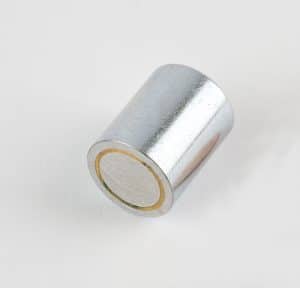
Alnico Magnets, BA Series
$0.60 – $12.17 -
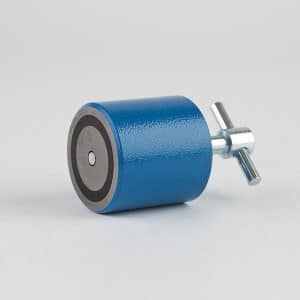
Alnico Holdfast Magnets
$0.00 -
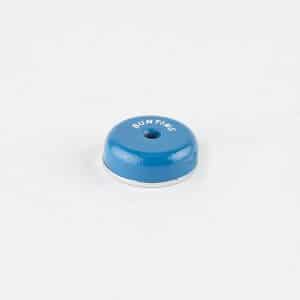
Alnico Pot Magnets, Shallow
$5.56 – $10.45 -
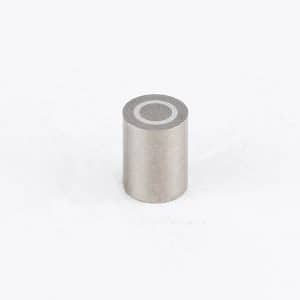
Alnico Pot Magnets, BM10 Series, Metric
$6.25 – $6.48 -

Alnico Pot Magnets, BM10 Series, Imperial
$0.50 – $16.00 -
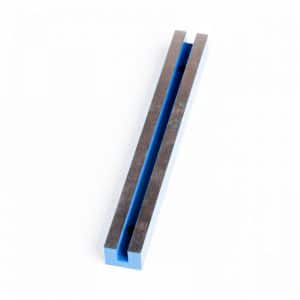
Alnico Channel Magnets, 4.25in
$38.71 -
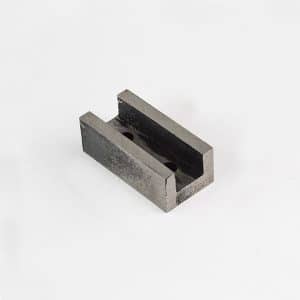
Alnico Channel Magnets, 2-Hole, 2.25in
$42.30 -
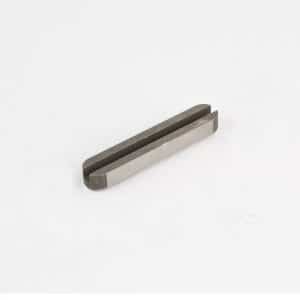
Alnico Channel Magnets, Rounded
$25.00 -
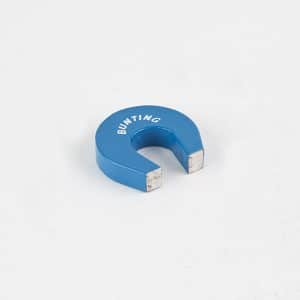
Alnico Horseshoe Magnet, Narrow, Grade 5
$12.52 -
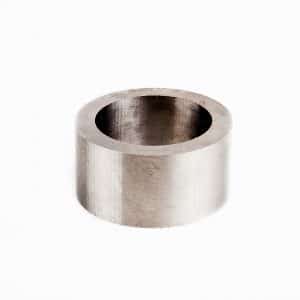
Alnico Ring Magnets, Grade 5
$3.00 – $15.00 -
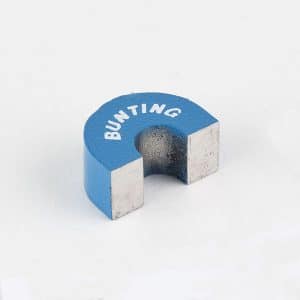
Alnico Horseshoe Magnets, Wide, Grade 5
$9.00 -
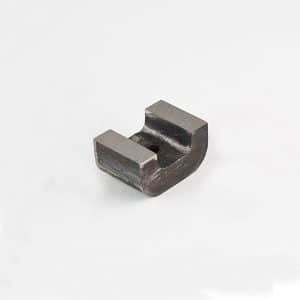
Alnico U-Shaped Magnet, Block, Grade 5
$2.40 -
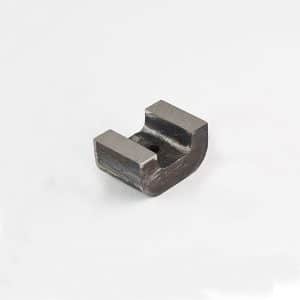
Alnico U-Shaped Magnet, Round Base, Grade 5
$18.00 -
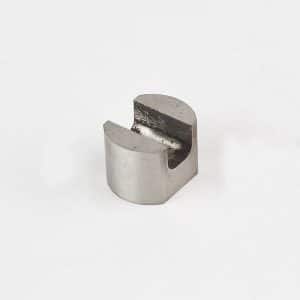
Alnico U-Shaped Magnet, Flat Lateral Surfaces, Grade 5
$12.63 -
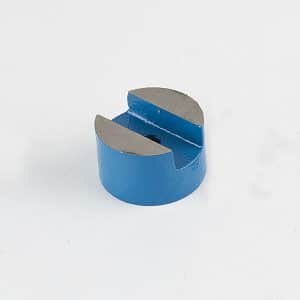
Alnico U-Shaped Magnet, Square Cutout, Grade 5
$7.60 -
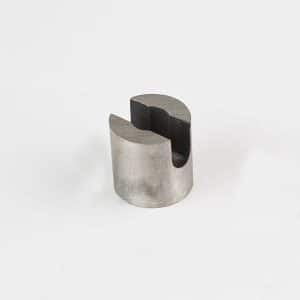
Alnico U-Shaped Magnet, Wide Core, Grade 5
$10.00 – $70.00 -
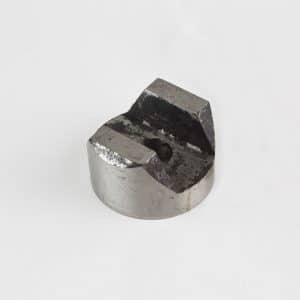
Alnico U-Shaped Magnet, Bevelled Surface, Grade 5
$70.00 -
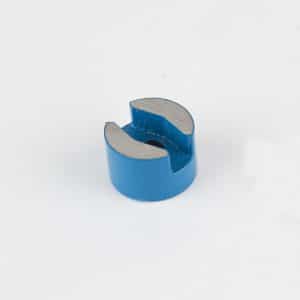
Alnico U-Shaped Magnet, Round, Bevelled Cutout, Grade 5
$6.36 – $9.00 -
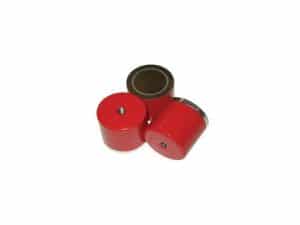
Alnico Pot Magnets, Deep
$1.58 – $10.50 -
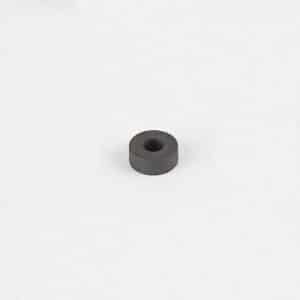
Alnico Ring Magnets, Grade 8H
$0.93 – $2.50 -
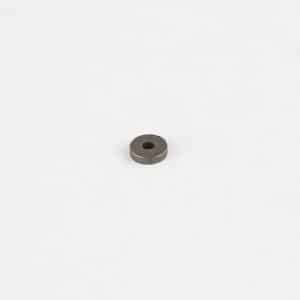
Alnico Ring Magnets, Grade 2, Small
$0.25 -
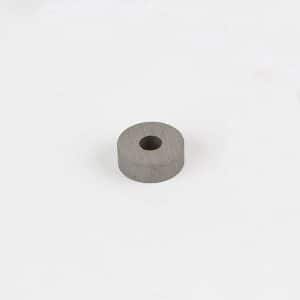
Alnico Ring Magnets, Grade 2, Large
$0.93 -
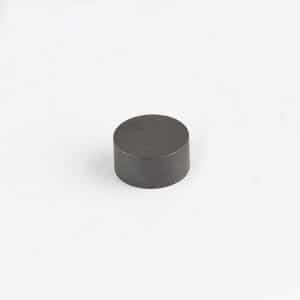
Alnico Disc Magnets
$0.11 – $3.84 -
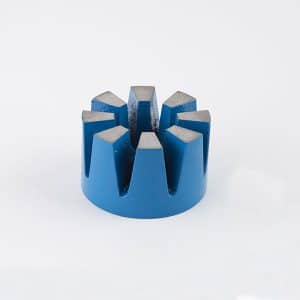
Alnico Rotor Magnets
$17.57 – $85.34 -
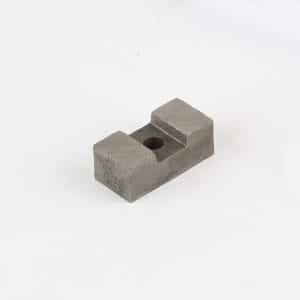
Alnico U-Shaped Magnet, Block, Grade 2
$1.70 -
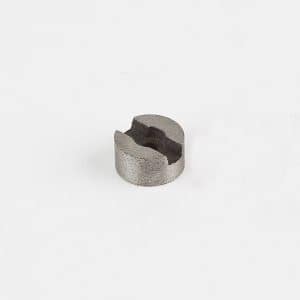
Alnico U-Shaped Magnet, Square Cutout, Grade 2
$0.46 – $0.57 -
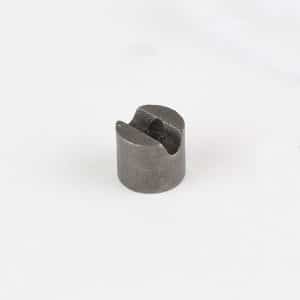
Alnico U-Shaped Magnet, Round Cutout, Grade 2
$0.84 – $7.67